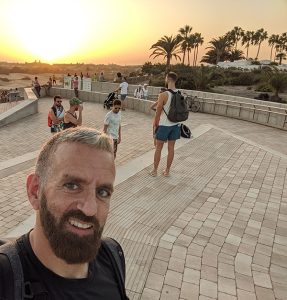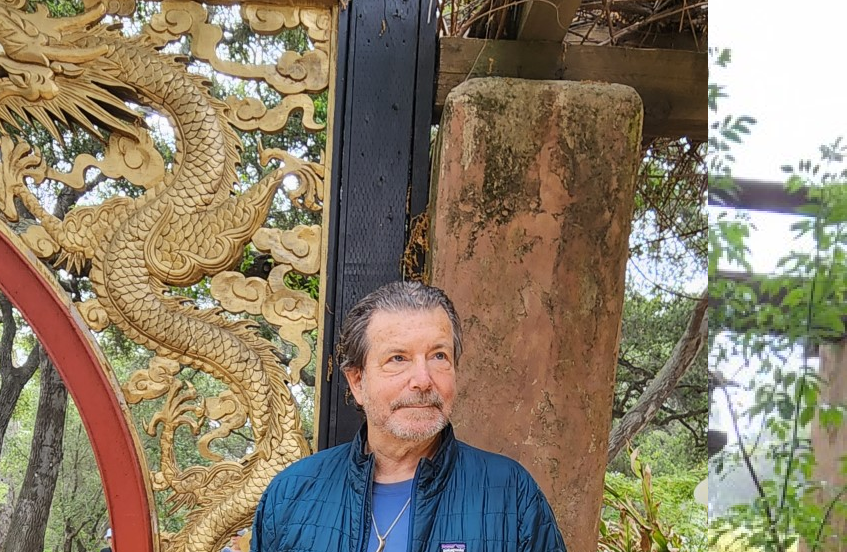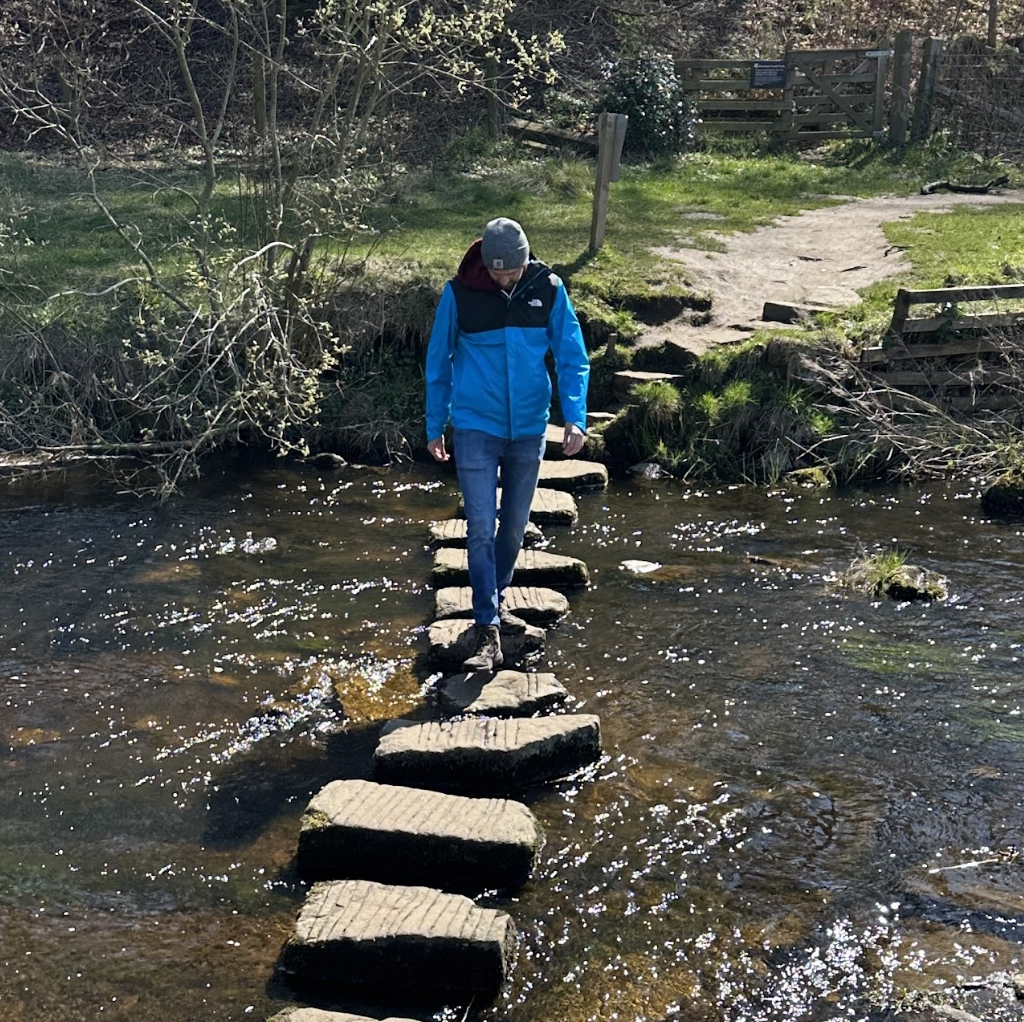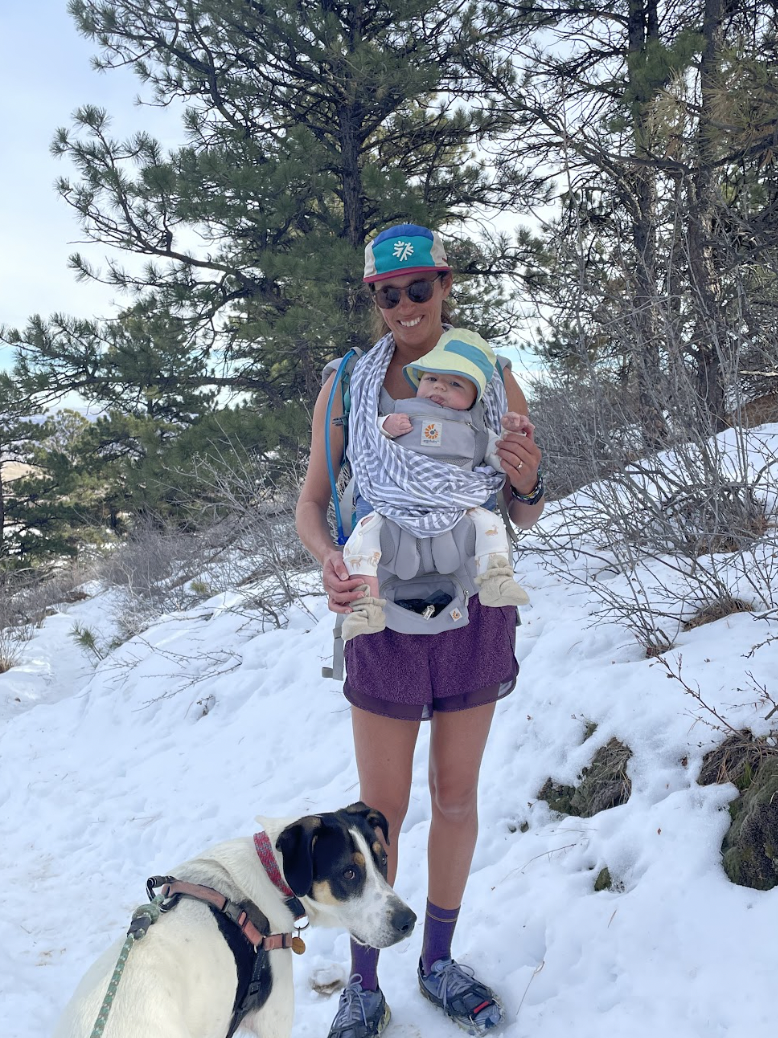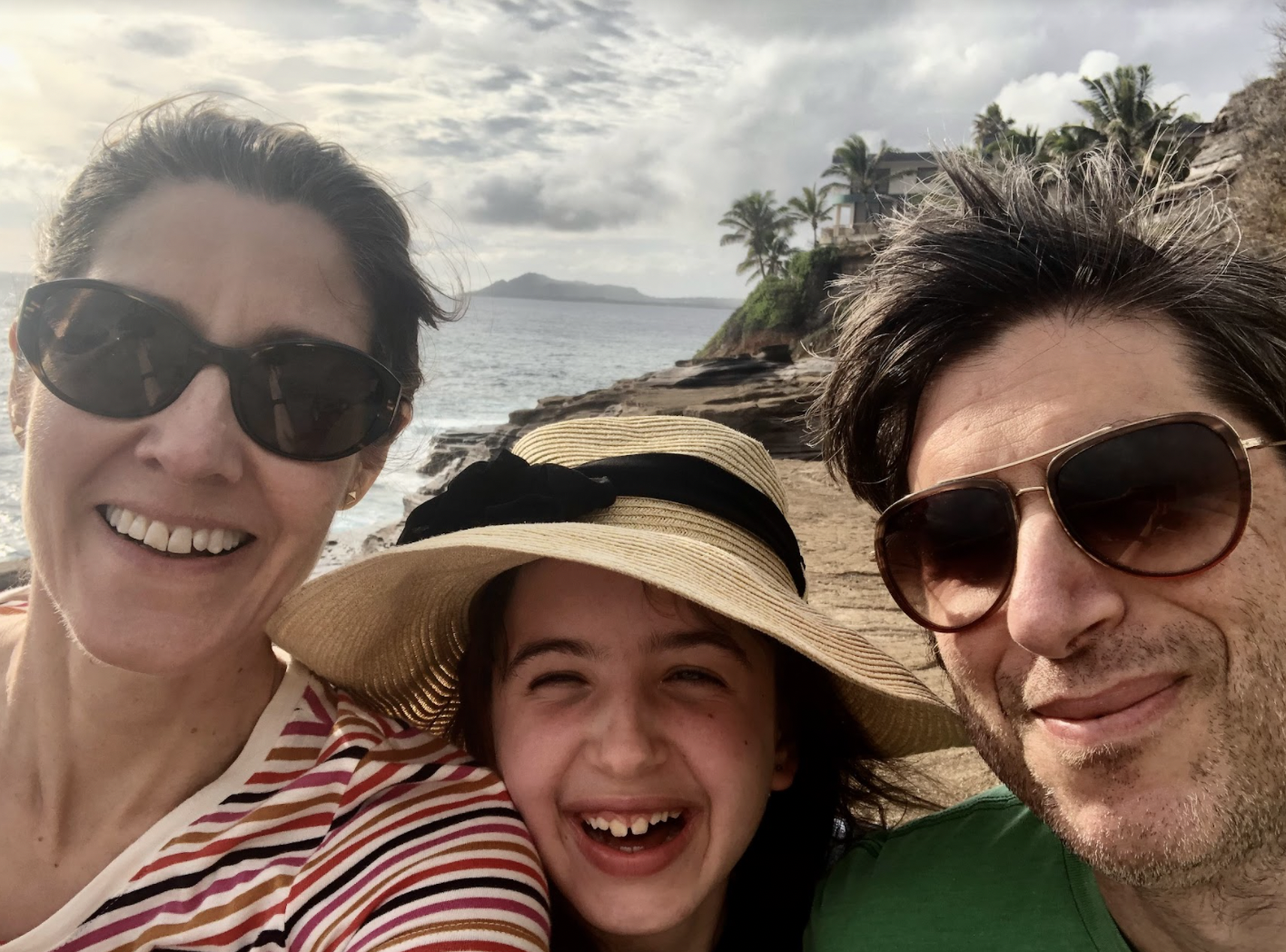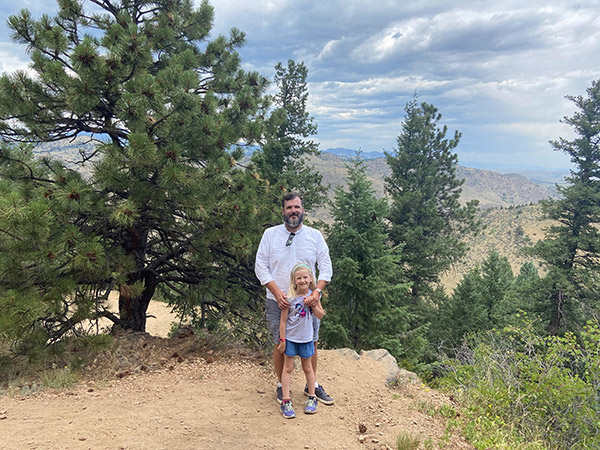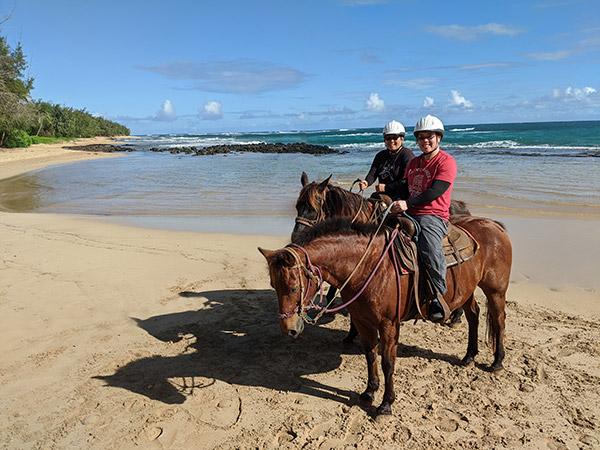10 Tips for Conducting Interviews
Whether writing bios for a company website, ghostblogging articles or gathering background info for a case study, writers often don the journalist’s hat and conduct interviews.
We interview all kinds of people in marketing communications, from business executives to staff members to consumers. Regular Joes and Janes often make the best interviews, bringing heart and humor to company stories. Brand storytelling, feature articles, testimonials, fundraising letters and many other writing projects require interviews to bring stories to life.
So, how can you get the most from your interviews?
Preparation can make all the difference between an interview that’s rich with quotes, insights and details and a yawn-fest with bland generalizations, canned responses and off-topic ramblings.
These 10 tried-and-true tips can help get people talking and bring out their best responses. I’m a big proponent of phone interviews—what we used to call “phoners” in the newspaper business—so these tips primarily apply there.
1. Interview by phone. Questionnaires and email interviews have their place, but a phone interview allows spontaneity and immediate follow-up questions.
2. Do your homework. Research your subject so you can craft smart, probing questions. Remember, the purpose of the interview is to dig beyond what’s on the client’s website.
3. Submit questions in advance. Set expectations with the interviewee. I always send questions beforehand, so they’re prepared. Limit the number of questions and the interview time—30 to 45 minutes tops. Beyond that, people tend to burn out.
4. Put sources at ease. Some people featured in case studies and company stories have never been interviewed. Have them imagine you’re at a coffee shop and casually chatting about their experience. (Another benefit of the phone interview—the human touch.)
5. Record and transcribe interviews. Many apps, tools and services make this easy. Always ask permission before recording—it’s not just polite, it’s the law. A transcription service can type up your audio so you don’t miss a word, freeing you to write.
6. Stick to the script, but also ask follow-up questions. Make sure you’re covering the necessary ground, but also follow other paths worth exploring.
7. Explain it to Grandma. Some subject-matter experts speak in technical jargon. Ask them to pretend they’re explaining the concept to a family member who knows nothing about the subject. Ask for examples to help clarify abstract concepts and illustrate generalizations.
8. Watch the clock. A good interviewer keeps the conversation on course. If you have five questions to cover in half an hour and you’re still on the first after 25 minutes, you’re in trouble. Help the interviewee provide brief, to-the-point answers.
9. Anything else you’d like to add? I always ask this at the very end of the interview. Sometimes that’s when sources open up with surprising and enlightening information.
10. Keep the door open for follow up. Thank interviewees for their time. Explain the review process, and let them know you may be emailing them with follow-up questions.
Follow these tips and you, your clients and your sources will be happier when the interview wraps up. You can quote me on that.
























